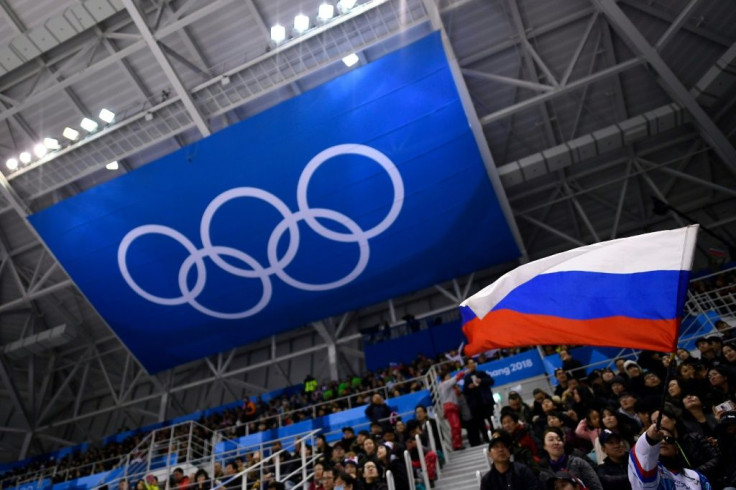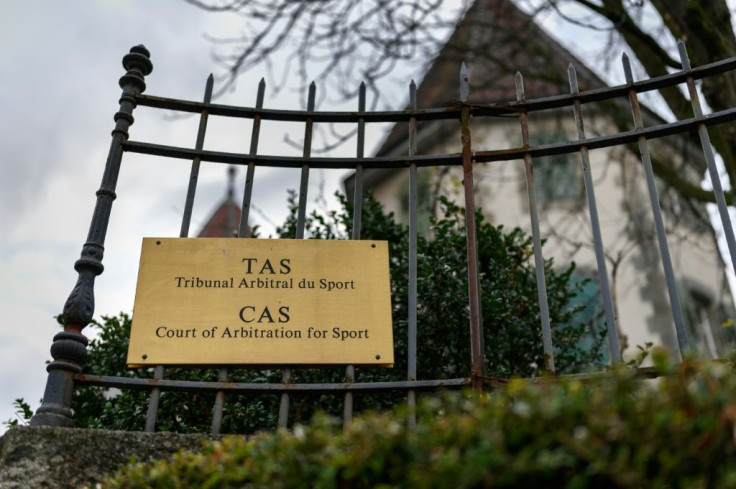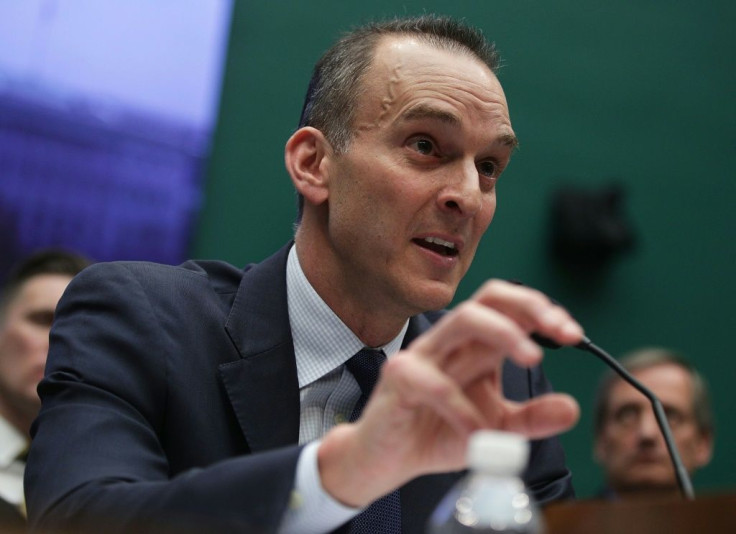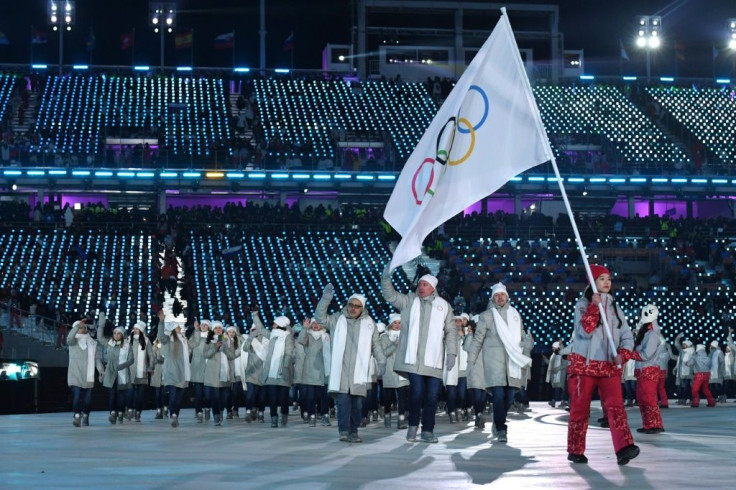'Blow To Clean Athletes': Condemnation As Russia Doping Ban Cut To Two Years
Russia's ban from international sport was halved to two years on Thursday and its athletes were cleared to compete as neutrals, drawing condemnation from athletes and anti-doping advocates.
The Swiss-based Court of Arbitration for Sport cut the initial four-year ban imposed by the World Anti-Doping Agency, citing "matters of proportionality" and the "need to effect cultural change and encourage the next generation of Russian athletes".
"The consequences which the Panel has decided to impose are not as extensive as those sought by WADA," a CAS statement said.

"This should not, however, be read as any validation of the conduct of RUSADA (Russia's anti-doping watchdog) or the Russian authorities."
The CAS judgement comes after WADA hit Russia with the four-year ban last year for doping non-compliance after finding data handed over from its tainted Moscow laboratory had been manipulated.
The saga first erupted in 2016 when Grigory Rodchenkov, the laboratory's former head, blew the whistle over state-backed doping at the 2014 Winter Olympics in the Russian resort of Sochi.
The shortened ban imposed by CAS runs until December 16, 2022, encompassing the Tokyo Olympics, Beijing Winter Games and the 2022 World Cup in Qatar, which ends two days later.

Russia's flag is forbidden, but its athletes will be allowed to compete in a uniform bearing the word "Russia", as long as it also says "neutral athlete", the court said.
Government representatives including President Vladimir Putin are barred, but they may still attend if invited by the host country's head of state, CAS added.
WADA president Witold Banka said he was "disappointed" that the four-year ban was cut, but still called the ruling "an important moment for clean sport".

"WADA is pleased to have won this landmark case," Banka said, adding that the verdict "clearly upheld our findings that the Russian authorities brazenly and illegally manipulated the Moscow laboratory data in an effort to cover up an institutionalised doping scheme".
But there was strong condemnation elsewhere. US Anti-Doping Agency chief executive officer Travis Tygart, who played a key role in exposing cycling's Lance Armstrong doping scandal, called it a "devastating decision".

"At this stage in this sordid Russian state-sponsored doping affair, now spanning close to a decade, there is no consolation in this weak, watered-down outcome," Tygart said.
He called it "a catastrophic blow to clean athletes, the integrity of sport, and the rule of law" and, in an interview with AFP, said the ruling was a "tragedy" for the global fight against drug cheats.
British Olympic gold medal-winning cyclist Callum Skinner tweeted, "The biggest doping scandal in history goes unpunished," and Global Athlete, which advocates for sportspeople, called the ruling "farcical".
"The fact that Russian Athletes can compete as 'Neutral Athletes from Russia' is another farcical facade that makes a mockery of the system."
"If athletes from Russia can still compete, it is not a sanction. Russia has not been banned; they have simply been rebranded."
Rodchenkov's lawyer Jim Walden also slammed the decision, saying it showed the tribunal was "unwilling and unable to meaningfully deal with systematic and long-standing criminality by Russia".
However, Mikhail Bukhanov, acting head of Russia's anti-doping agency RUSADA, said: "Today's results are a victory for Russia."
"The court decided not to accept the theses that WADA demanded. Of course, this is a significant precedent," he added.
The CAS verdict followed a four-day arbitration hearing between WADA and the Russian Anti-Doping Agency (RUSADA) at a secret location last month.
The showdown, in front of three CAS judges took place following WADA's decision last year to declare RUSADA non-compliant after the Russian body was accused of manipulating drug testing data.
While Thursday's CAS verdict was of paramount importance to Russia, WADA also had plenty on the line.
The organisation, founded in 1999, has been criticised by US lawmakers over its handling of the scandal and failure to implement governance reforms.
The US as a result has threatened to pull its annual $2.7 million financing.
Athletics' global governing body meanwhile has given the Russian federation until March next year to produce a comprehensive plan to fight doping and be reinstated to the sport, or face expulsion.
© Copyright AFP {{Year}}. All rights reserved.





















